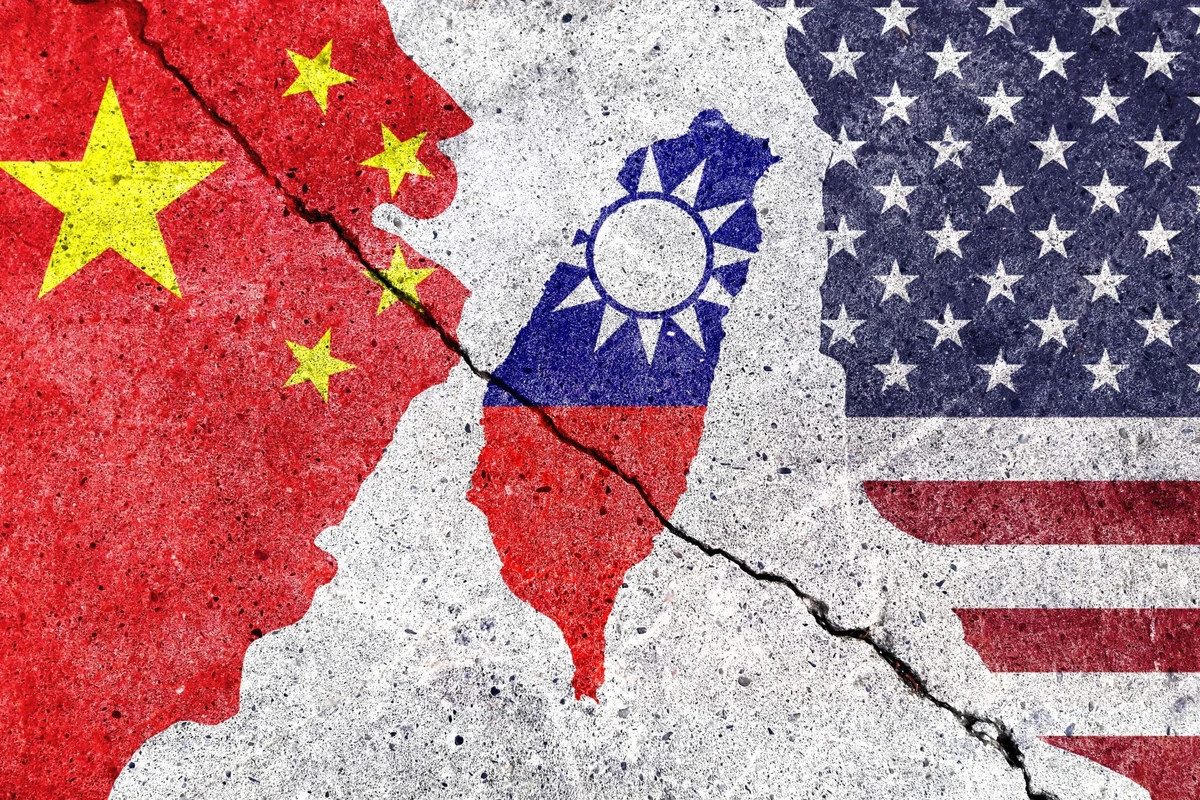
Key Points:
- A bipartisan delegation of US lawmakers visited Taiwan this week, pledging to expedite arms sales and bolster the island’s defenses in the face of growing Chinese pressure.
- China condemned the visit as interference in its internal affairs, warning that it undermines Sino-US relations and escalates tensions in the Taiwan Strait.
- The visit highlights Taiwan’s growing strategic importance and the delicate balance the US seeks to maintain between supporting the island’s security and managing relations with China.
US Lawmakers Reaffirm Commitment to Taiwan
In a show of solidarity against mounting Chinese pressure, a bipartisan delegation of US lawmakers visited Taiwan this week, vowing to expedite the delivery of defensive weapons and bolster the island’s security. The visit, led by House Foreign Affairs Committee Chairman Michael McCaul, comes on the heels of China’s largest military drills in over a year, a demonstration of force widely seen as a response to the inauguration of Taiwan’s new president, Lai Ching-te.
China Condemns Visit as ‘Interference’
The Chinese government strongly disapproved of the visit of US lawmakers and issued a formal diplomatic protest to the United States. Through its spokesperson, the Chinese Ministry of Foreign Affairs publicly asserted that the visit constituted an infringement upon China’s sovereignty, emphasizing that Beijing considers any engagement between the US and Taiwan interference in its domestic matters.
The spokesperson reiterated the Chinese government’s longstanding position, which maintains that Taiwan is an integral part of China and that any actions perceived as supporting Taiwanese independence are unacceptable. Furthermore, the Chinese government expressed concern that such interactions between the US and Taiwan harm the bilateral relationship between the two countries and increase the risk of instability in the Taiwan Strait.
US Lawmakers Reiterate Commitment to Taiwan’s Defense
“We are moving forward on those weapons systems,” McCaul stated. “I’d like to see them faster, but they are forthcoming.”
The delegation’s visit underscored the growing concerns about delays in US arms deliveries to Taiwan, particularly in light of Russia’s invasion of Ukraine. Taiwan has repeatedly expressed the need for a robust defense posture to deter potential Chinese aggression.
Taiwan Welcomes US Delegation as a ‘Gesture of Solidarity’
Taiwanese officials welcomed the US delegation and expressed gratitude for their unwavering support. Foreign Minister Lin Chia-lung hailed the visit as a “powerful display of the strong bipartisan support of Taiwan in the United States,” emphasizing the importance of such gestures in the face of increasing pressure from China.
Taiwan’s new president, Lai Ching-te, thanked the delegation for their commitment to Taiwan’s security and vowed to strengthen its defenses. He echoed former US President Ronald Reagan’s “peace through strength” concept, emphasizing his commitment to enhancing Taiwan’s self-defense capabilities.
Visit Highlights Growing US-China Tensions
The US lawmakers’ visit to Taiwan is the latest flashpoint in the increasingly tense relationship between Washington and Beijing. China views any interaction between the US and Taiwan as challenging its sovereignty claims. At the same time, the US maintains its commitment to supporting Taiwan’s self-defense capabilities under the Taiwan Relations Act. The visit underscores the delicate balance the US seeks to maintain in the region, supporting Taiwan without provoking a direct conflict with China.
